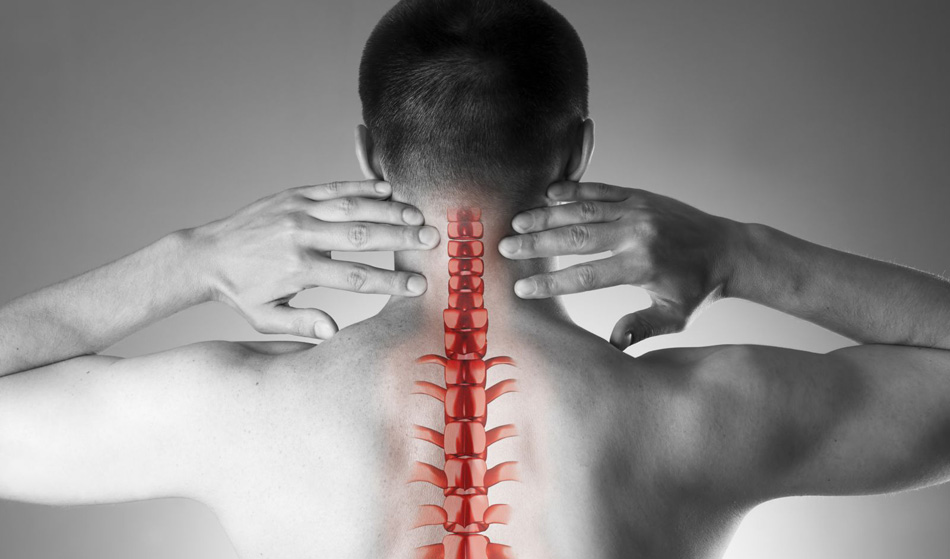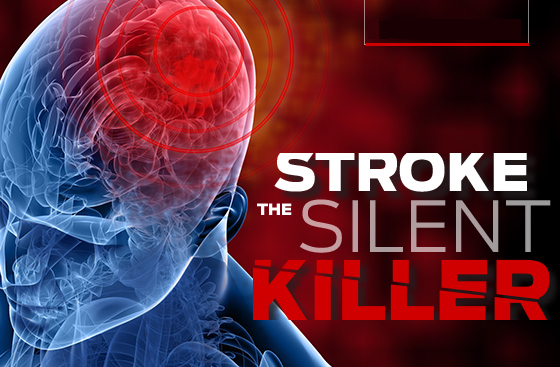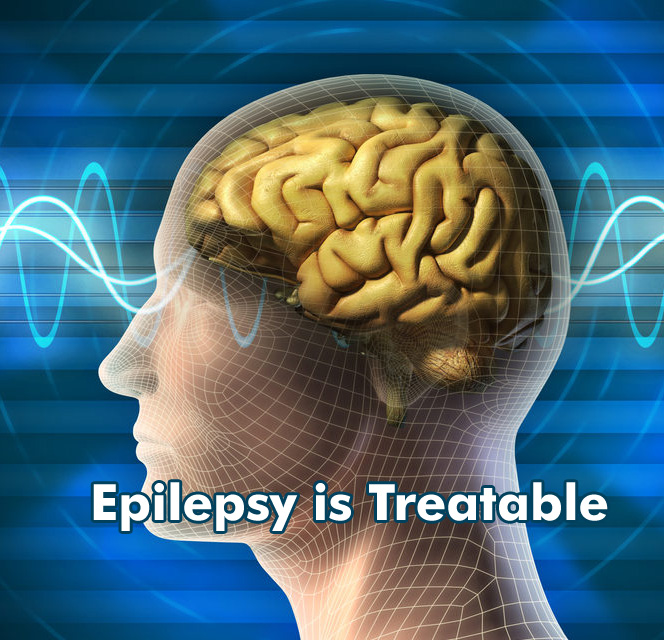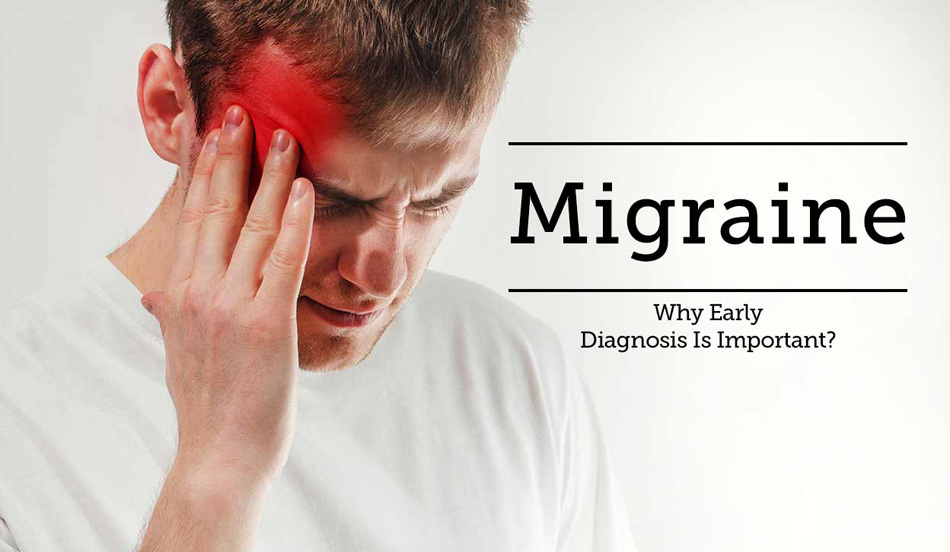- June 12, 2017
- neuroadmin
- 0
What is a migraine?
A migraine is a severe, intense headache accompanied by throbbing in the temples, nausea, and sensitivity to light and sound. Patients can experience them intermittently or suffer with them regularly for many years. A migraine is a chronic illness, but can be managed with careful treatment and preventative medicine.
What triggers can activate migraines?
Migraines may be caused for a number of reasons. Some of the triggers which can make the headaches more likely to occur include:
- Alcohol
- Weather changes
- Lack of sleep
- Schedule changes
- Dehydration
- Hunger
- Certain foods
- Strong smells
Migraines can often go undiagnosed and left untreated. If you regularly experience signs and symptoms of migraine attacks, make an appointment with your doctor to discuss your headaches.
How are migraines treated?
We help patients with frequent migraines by using the most advanced treatments available. Neurologists will diagnose your migraine based on your medical history, symptoms, and a physical and neurological examination. Migraines that are severe, frequent, or accompanied by neurological symptoms are best treated with preventative measures.
Read More







